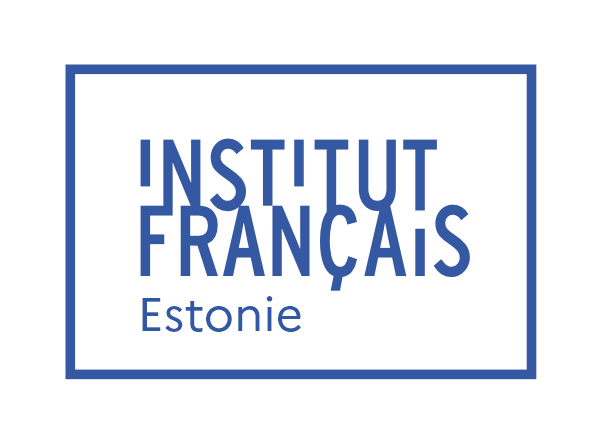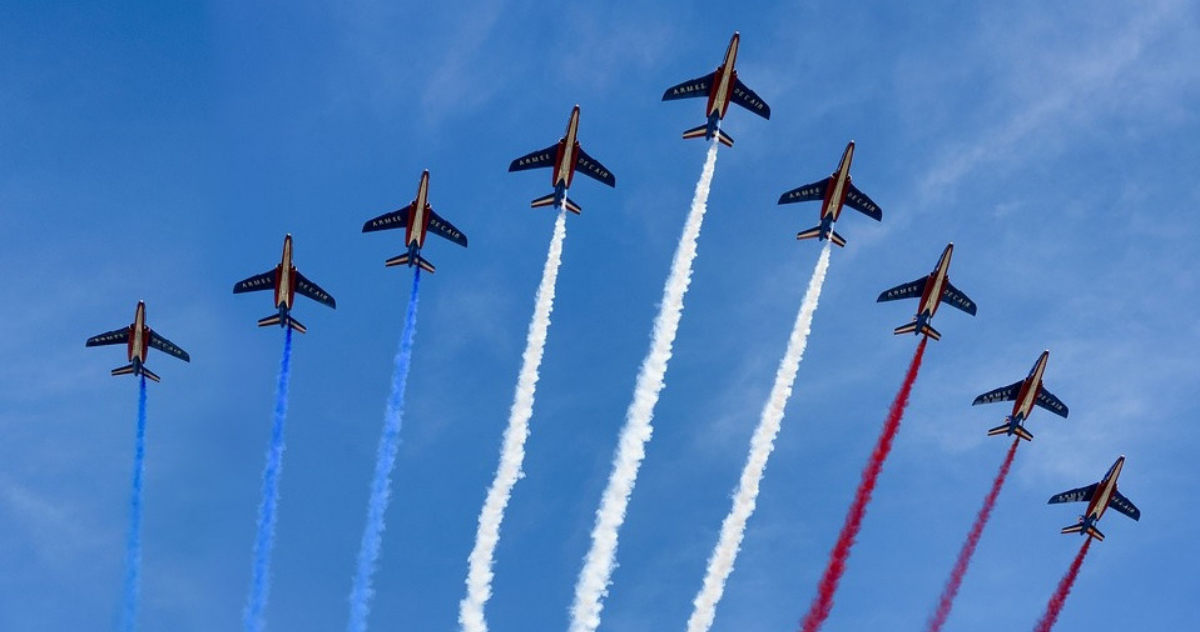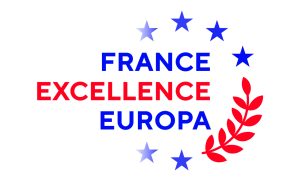SCIENTIFIC STAYS IN FRANCE 2024: OPEN CALL UNTIL THE END OF THE YEAR
Are you doing research? You wish to collaborate with France? The High Level Scientific Stays program offers any PhD students, junior or senior researchers affiliated to an Estonian university a stay in a research laboratory in France, for a period up to 30 days. Projects will be judged on...
Read more







